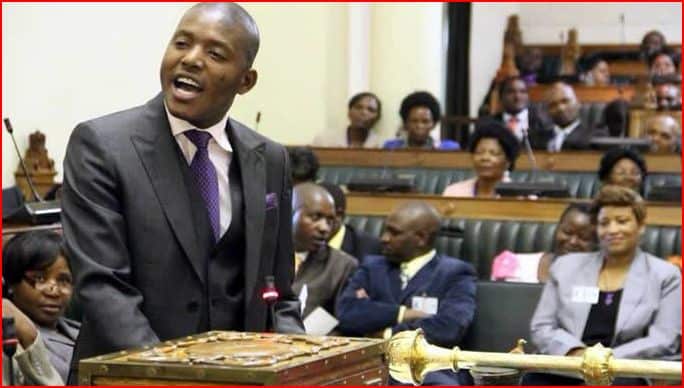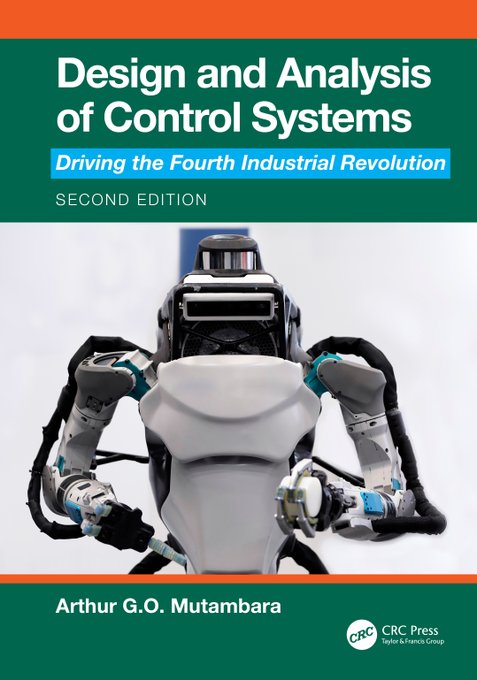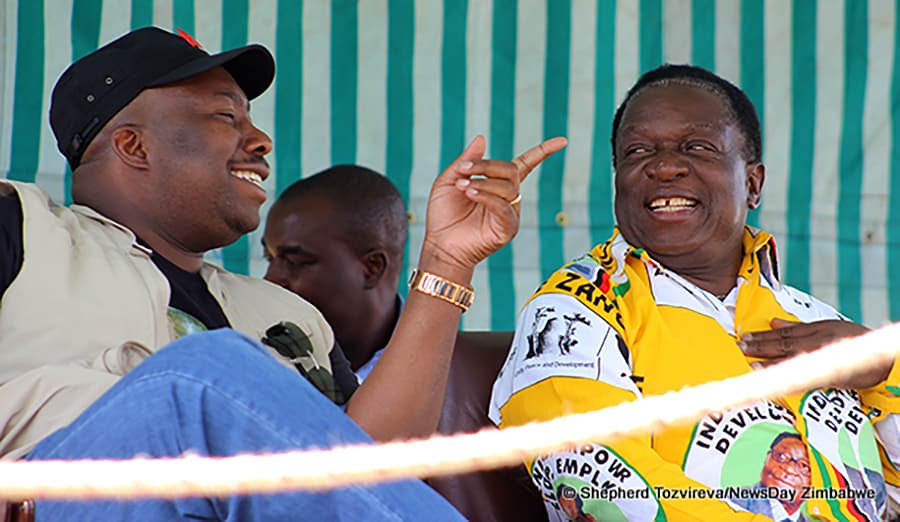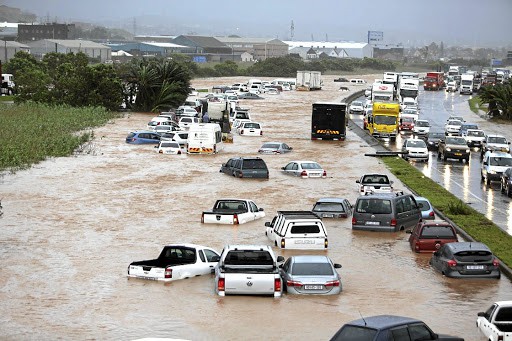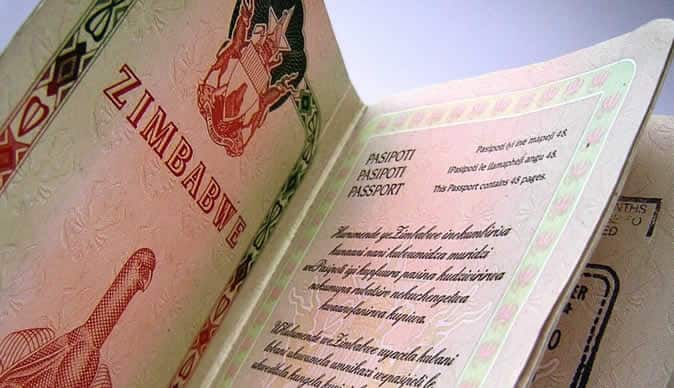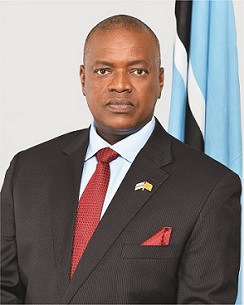Lovemore Lubinda
On Tuesday last week debate in the National House of Assembly was unceremoniously interrupted at 16:56 hours because a quorum could not be raised.
A quorum is the minimum number of members of a deliberative assembly or body necessary or needed to be present for it to conduct that body’s business of the day.
According to the Zimbabwean Constitution, Parliament requires about 70 out of the country’s 270 legislators to constitute a quorum.
Standing Order 51 of the Zimbabwean Parliament envisages sittings lasting until 19:00 hours as the norm. According to VERITAS Zimbabwe, the vanishing quorum phenomenon suggests that the great majority of the country’s MPs do not wish to sit after 17:00 hours except for specially urgent business.
Last week, on Tuesday, 153 members were officially recorded to have been present earlier in the afternoon, 23 others were absent with leave, leaving over 90 members presumably absent without leave.
There were only 41 MPs in the Chamber when heads were counted immediately before the adjournment at 16:56 hours, giving a minus (-29) short of quorum as stipulated in the Standing Orders.
However, this is not the first time for Parliament business to be disrupted because of lack of quorum to happen this year. The Speaker of National Assembly Jacob Mudenda had recently raised grave concern over the issue, added that it was affecting debates and Parliamentary business on several occasions.
Most Members of Parliament in Zimbabwe usually leave the house from around 16:00 hours, and on several occasions this has led to the aborting of the business of the day as the number of those present would not be legally enough for business to go on.
In a related matter, MPs recently, expressed concern and complained to the Speaker of the House over ministers who bunk parliament business particularly questioning time, amid calls for the punishing of MPs who try to dribble past the grilling time. They say this is a clear case of contempt of parliament, violation of the Standing Orders, and a charge that is punishable at law.
Parliament question time is a very important session that fosters accountability, where ministers are quizzed on issues arising from their respective portfolios, and how they are addressing them.

